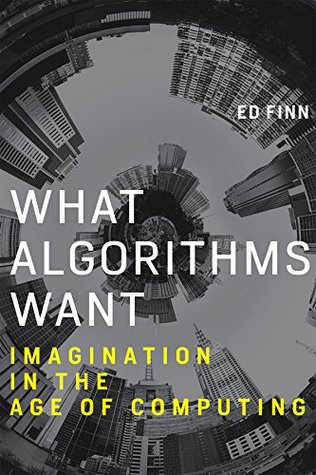This is what information theorist Christian Sandvig calls “corrupt personalization,” after legal scholar C. Edwin Baker and Habermas: the ways that algorithmic culture blurs the lines between our genuine interests and a set of commodities that may or may not be genuinely relevant, such as products “liked” by our friends on Facebook even if they did not knowingly endorse them.45 Both Baker and Sandvig ultimately engage here with Habermas’s conception of lifeworld, identifying ways in which the system can colonize or reformat the lifeworld, restructuring organic, undirected activities into ones
...more
Welcome back. Just a moment while we sign you in to your Goodreads account.


